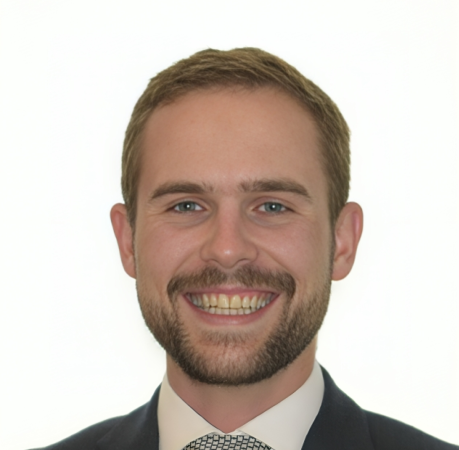Anecdotally, I find that a lot of people have misconceptions about my specialty. When I tell people I am a Plastic Surgery resident, they inevitably give me a smile and nod that tells me they are envisioning someone who only does boob jobs and facelifts. I don’t fault them (even in medical school, I didn’t get a good sense of the specialty), but I find myself wishing they knew how much more I do. The name of the specialty came from the Greek work Plastikós, which means ‘to shape or mold.’ Over the course of the 20th century, however, with the concurrent rises of plastic in manufacturing as well as cosmetic surgery, the term came to have different connotations1. This is why you might also hear the specialty referred to as Plastic & Reconstructive Surgery – to emphasize the scope of the discipline and its fundamental orientation towards reconstruction. Here are some things I wish people knew about Plastic Surgery and why I chose the specialty.
1. Aesthetics is an important part of what we do.
We commonly work with patients who have cancer, traumatic injuries, degenerative pathology or congenital anomalies of various kinds. Our role is generally to restore the form and function of the affected structures using whatever tissue remains or by borrowing tissue from other areas in the body. One of my attendings says that Plastic Surgery is about ‘giving something back to the patient,’ which is an amazing opportunity and can have a huge impact on someone’s quality of life. As such, aesthetics is an important consideration for what we do, even in complex oncologic cases.
2. Aesthetics is not everything we do.
One of the main things that attracted me to Plastic Surgery was the incredible breadth of patient populations, anatomic diversity and breadth of procedures involved. In addition to an array of cosmetic procedures within our scope, Plastic Surgery encompasses assessment and management of a wide range of injuries and pathologies including craniofacial, hand & wrist, microsurgery, peripheral nerve, burns, pediatrics, gender affirming surgery, and oncologic reconstruction (including breast, melanoma, head and neck cancer). It’s not uncommon for me to see patients from several of these categories within a single day. In broad strokes, the specialty is united by its reconstructive nature and generally operates on skin, soft tissue and bone, but there is a ton of variety within these borders.
3. We collaborate with a lot of specialties.
We routinely work with General Surgery (breast, melanoma), Orthopedic Surgery (sarcoma) and Otolaryngology, Head & Neck Surgery (head and neck cancer) for
cancer reconstruction. These close working relationships are important for good cancer outcomes as well as for reconstructive outcomes. We also commonly work adjacent to ICU (burns), Dermatology (skin cancer) and Physical Medicine & Rehabilitation (peripheral nerve injuries), among other specialties. Working with physicians from other specialties provides exposure to a lot of different types of problems and various approaches to them (and lots of awesome colleagues!).
4. Plastic Surgery is highly creative.
This was one of the first things that wowed me when I discovered Plastic Surgery. The way I think about it is that it’s like having a big toolbox of reconstructive options and discerning which is most appropriate for a given patient with a particular problem, then carrying it out with absolute technical precision. This could be as simple as moving adjacent tissue into the defect, or more complicated, like a free flap – taking tissue from somewhere completely different and connecting it to blood vessels at the recipient site under a microscope. In all cases, it requires creativity, thoughtful planning and precise execution. Plastic Surgery is a specialty of first principles – breaking down complex problems into basic elements and building solutions from foundational concepts. This approach is necessitated by the wide variety of problems we deal with as well as the bevy of possible solutions – I have attendings who tell me that they still encounter new challenges that they need to think through from scratch, which I think is extremely cool.
Thanks for reading – hopefully you learned more about my specialty and why I think it is so amazing.
1. Bouhadana G, Aljerian A, Thibaudeau S. The Reconstruction of Plastic Surgery: A Historical Perspective on the Etymology of Plastic and Reconstructive Surgery. Plast Surg (Oakv). 2023;31(4):366-370. doi:10.1177/22925503211064377
***
Dr. Colborne Kemna is a Plastic & Reconstructive Surgery resident physician at the University of Calgary.




Be the first to leave a comment!